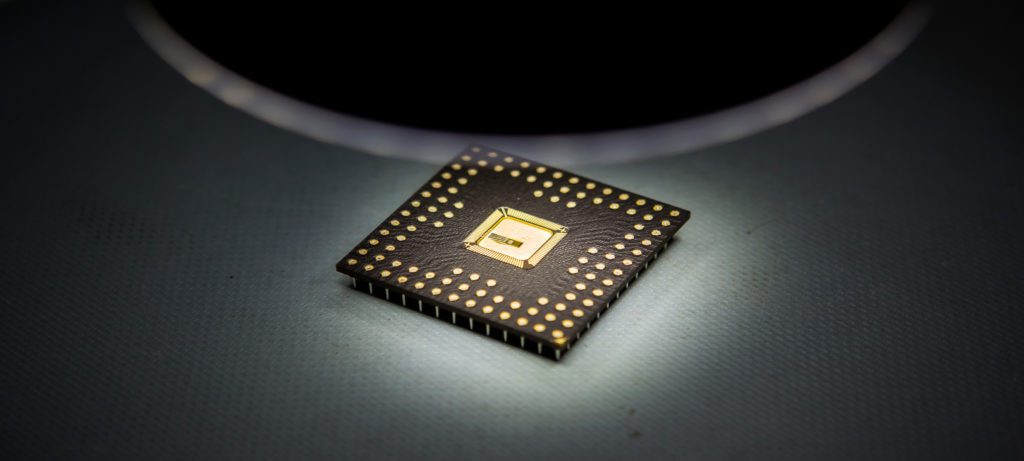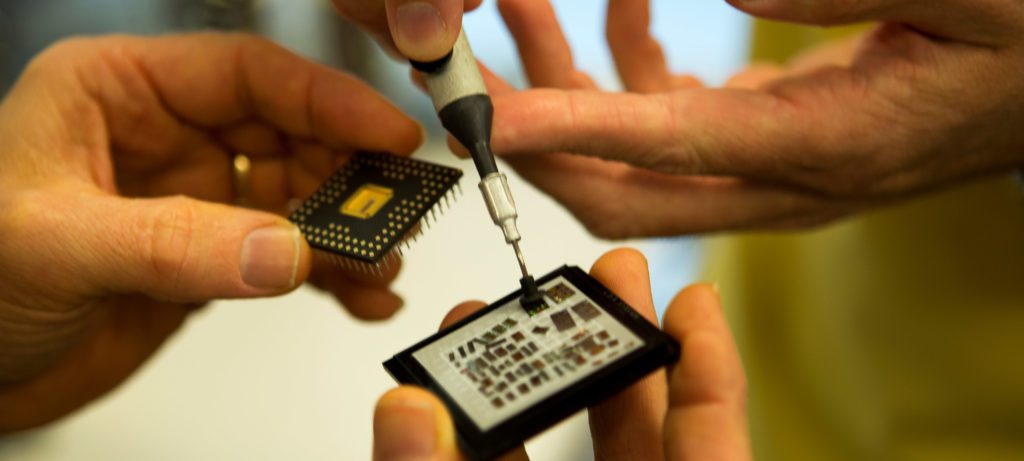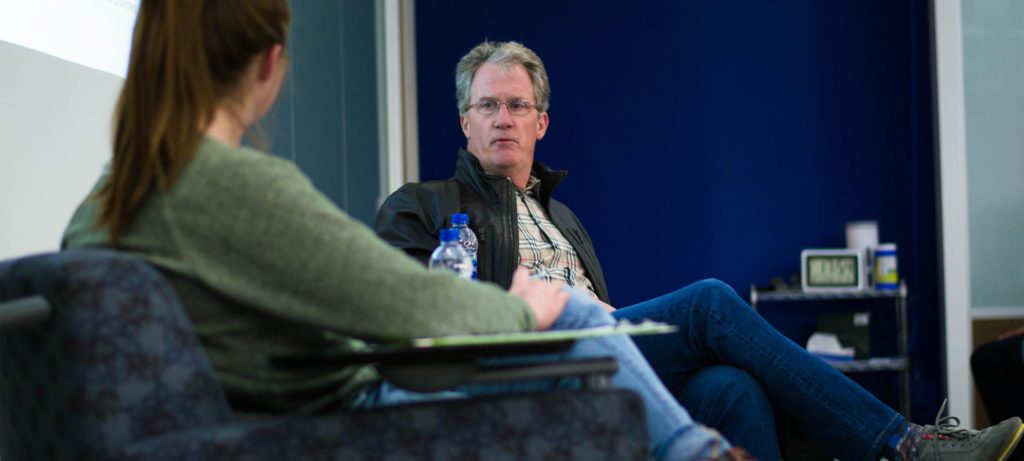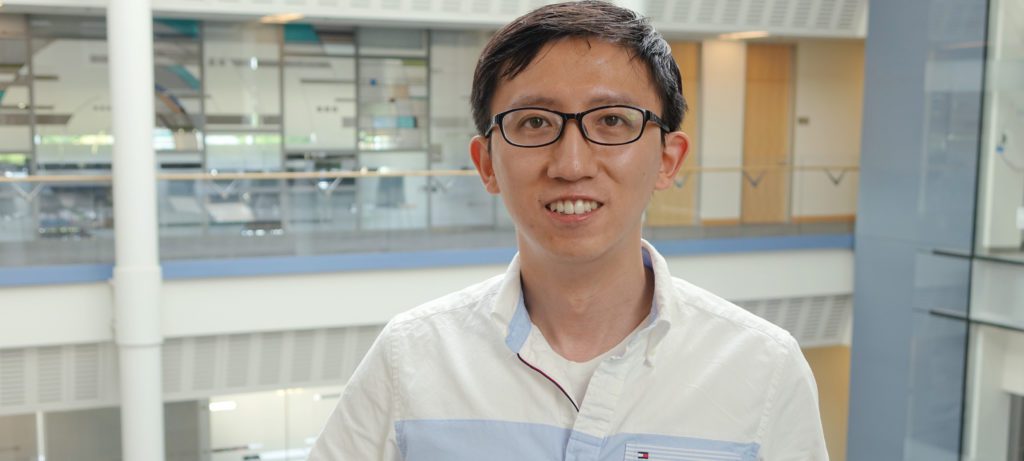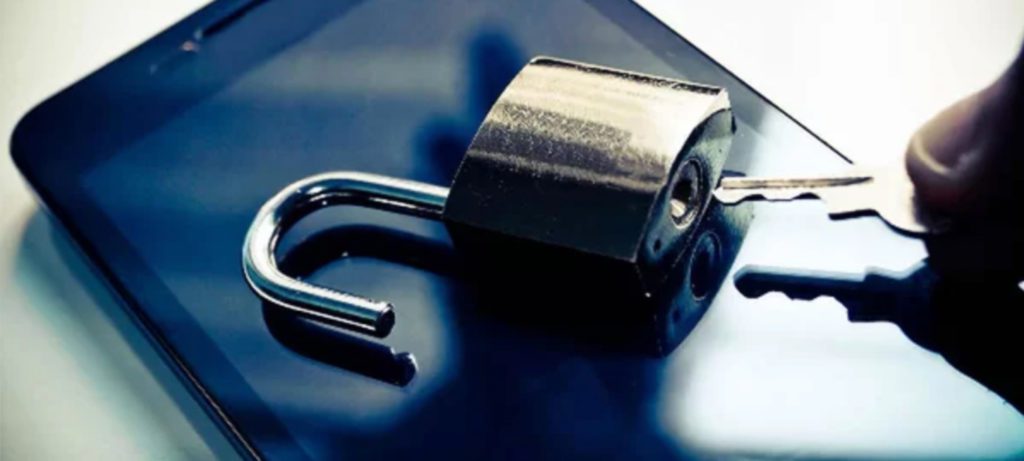New, preliminary research found automated speech test accurately diagnoses Huntington’s disease 81 percent of the time and tracks the disease’s progression.
The post Detecting Huntington’s disease with an algorithm that analyzes speech appeared first on Michigan Engineering News.

 Michigan Engineering | University of Michigan
Michigan Engineering | University of Michigan 